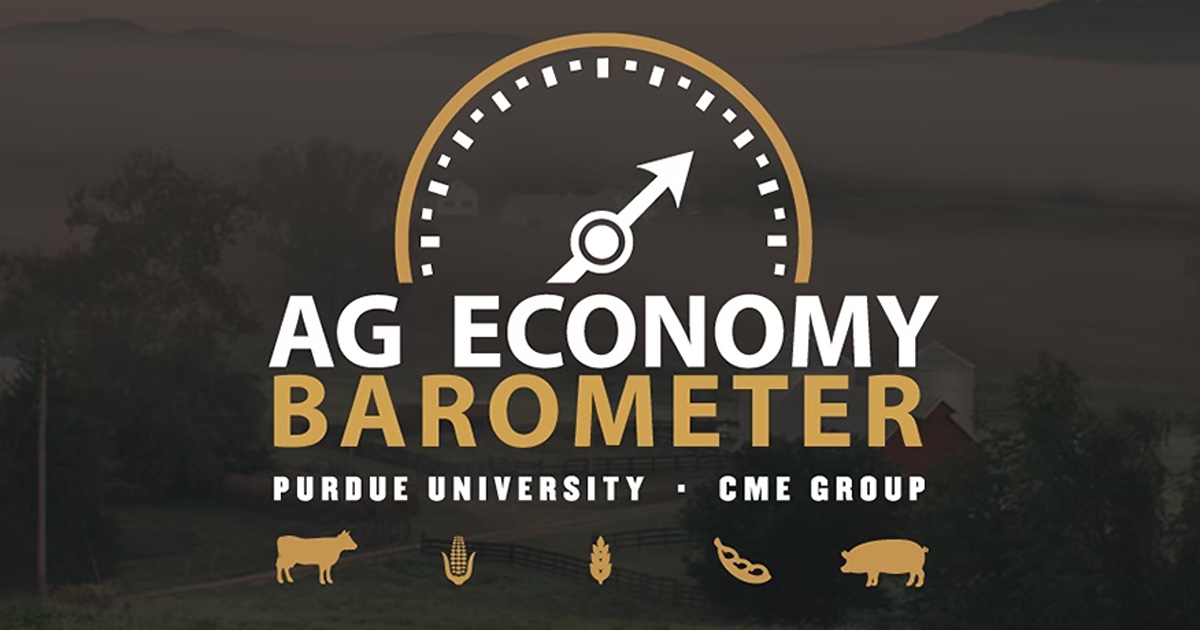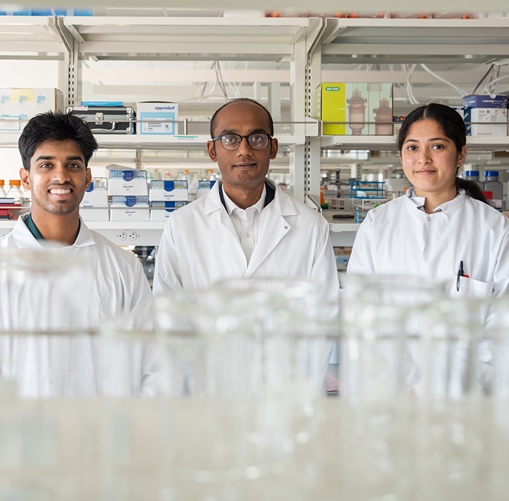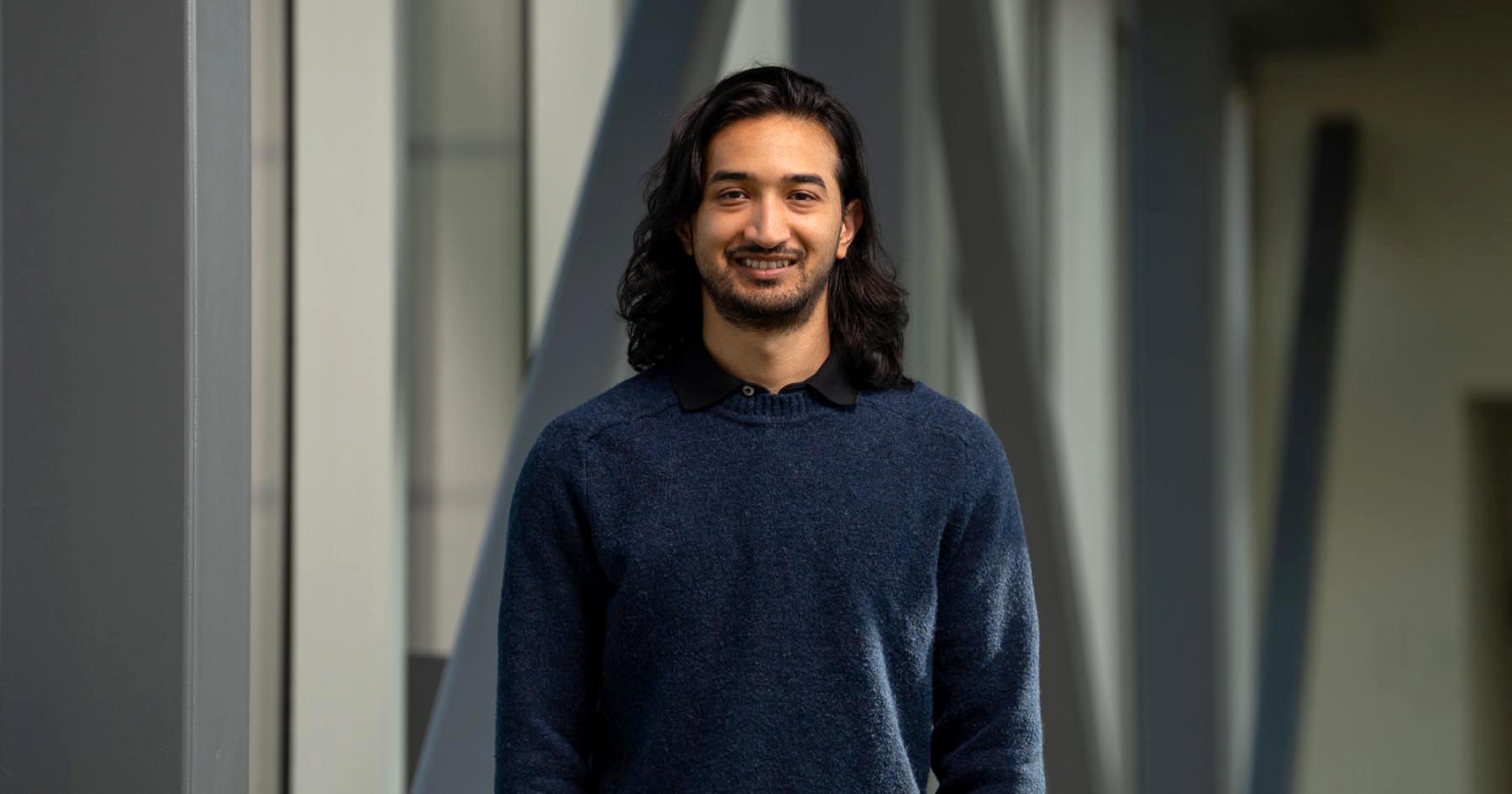Maria Filipa Seara e Pereira - Graduate Ag Research Spotlight
I saw that economics can be very useful and very exciting.
- Maria Filipa Seara e Pereira, Agricultural Economics
The student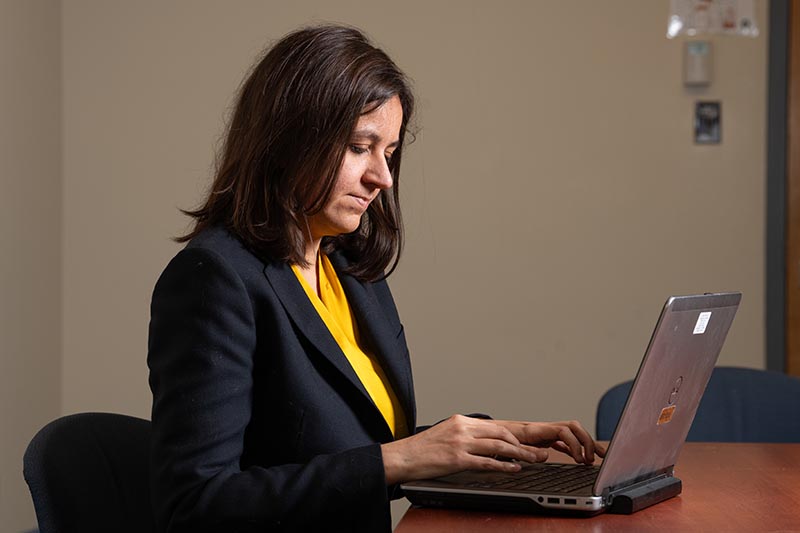
Despite growing up with an economist father, Maria Filipa Seara e Pereira didn’t take to economics immediately. “In my undergrad, I was a bit lost,” she says. “I did economics, but I didn’t like it, so I studied poli-sci for my master’s.”
After graduating in her native Portugal, Seara e Pereira had the opportunity to intern at the Embassy of Portugal in Washington, DC. It was there that she grew more interested in economic policy and current events. “I saw that economics can be very useful and very exciting, because there was the policy part I didn’t see as an undergraduate,” she says.
She went on to earn a master’s in international policy and practice from the George Washington University and to work for several years in the trade division at the World Bank. She came to Purdue to begin her PhD in agricultural economics in 2022.
The research
After beginning her PhD, Seara e Pereira shifted her primary focus from trade to climate change, looking at how extreme weather events impact the economy. Her thesis is on the economic impacts of climate change and extreme weather on agriculture in Morocco. She chose Morocco because its vulnerable position means it’s seeing the impact of climate change before many other countries. Her work looks at how farmers can make decisions when the future is uncertain, including how to determine the optimal timing to switch to more climate-resilient crops. Her goal is to create a practical framework to help in decision-making, using models of potential future climate scenarios to establish thresholds or signals to know when to make the change.
She remains interested in trade, policy, and computable general equilibrium (CGE) modeling, a type of model that uses economic data to simulate how changes to policies, climate or other factors impact economies.
Opportunities
Seara e Pereira chose Purdue because of the agricultural economics department’s renowned reputation and because of the department’s Global Trade Analysis Project (GTAP), a network of researchers and policy makers analyzing international policy issues together. She likes that the department is practical and policy-oriented, which aligns with her own approach. Her advisor, Dominique van der Mensbrugghe, a research professor and former Director of the Center for Global Trade Analysis, has worked at various international organizations, including the World Bank.
“There are people here that are amazing,” she says. “They know a lot, and I feel like I can learn a lot, and that really stimulates my work.”
In 2022, Seara e Pereira was chosen to participate in the Farm Foundation’s Cultivator Program, where outstanding students are linked with mentors at the agricultural policy nonprofit and are invited to present a poster at a biannual Round Table event. Seara e Pereira presented her work on the Ukraine war’s disruption to agricultural value chains, looking at how trade policy can mitigate these impacts.
Future plans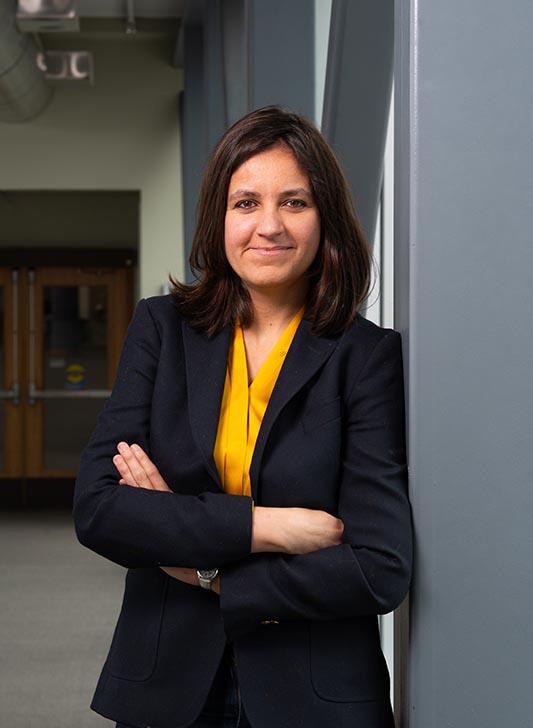
While Seara e Pereira is used to more bustling environments, having lived most of her life in Lisbon and Washington, DC, she appreciates how the quiet of West Lafayette is conducive to focusing on her work. In her free time, she loves to attend cultural events on campus. “The Purdue theater is really cool, they have really good plays,” she says.
Seara e Pereira hopes to go back to work in international organizations when she finishes her degree in another year or two. “I really like the policy aspect of it,” she says. “It’s fascinating to see the results of current events.”

